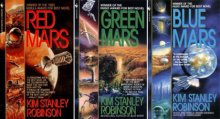 The 1990s was the last decade of the century and the millennium, and although science fiction has been around for centuries, it feels like the genre blossomed in the second half of the 20th century. By the last decade it feels fantasy flavored SF had overtaken hard science fiction in popular appeal, but many of the most successful science fiction books of the 1990s were about space travel. Vernor Vinge, Iain M. Banks, Dan Simmons, and Peter F. Hamilton began paving the way for the New Space Opera of the 2000s. Ben Bova, Greg Bear and Kim Stanley Robinson used NASA’s recent knowledge of the solar system to build new visions of interplanetary colonization. And more than ever, science fiction is concerned with the post-human future.
The 1990s was the last decade of the century and the millennium, and although science fiction has been around for centuries, it feels like the genre blossomed in the second half of the 20th century. By the last decade it feels fantasy flavored SF had overtaken hard science fiction in popular appeal, but many of the most successful science fiction books of the 1990s were about space travel. Vernor Vinge, Iain M. Banks, Dan Simmons, and Peter F. Hamilton began paving the way for the New Space Opera of the 2000s. Ben Bova, Greg Bear and Kim Stanley Robinson used NASA’s recent knowledge of the solar system to build new visions of interplanetary colonization. And more than ever, science fiction is concerned with the post-human future.
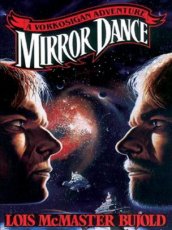 SF writers of 1990s represents the centennial descendants of H. G. Wells, and his genre originating novels The Time Machine (1895) and War of the Worlds (1898). Where Wells explored the impact of Darwinism, 1990s science fiction writers were inspired by NASA interplanetary probes, the Hubble Space Telescope, and the many breakthroughs in contemporary cosmology. It’s quite amazing, but in the 1990s, both the scientific universe and science fictional universes are tremendously bigger than the objective reality of the 1950s and its science fictional universes.
SF writers of 1990s represents the centennial descendants of H. G. Wells, and his genre originating novels The Time Machine (1895) and War of the Worlds (1898). Where Wells explored the impact of Darwinism, 1990s science fiction writers were inspired by NASA interplanetary probes, the Hubble Space Telescope, and the many breakthroughs in contemporary cosmology. It’s quite amazing, but in the 1990s, both the scientific universe and science fictional universes are tremendously bigger than the objective reality of the 1950s and its science fictional universes.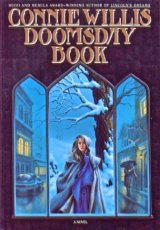 Heinlein, Asimov and Clarke loom large in our history, but modern science fiction writers stand on their shoulders and see much further than they ever imagined.
Heinlein, Asimov and Clarke loom large in our history, but modern science fiction writers stand on their shoulders and see much further than they ever imagined.
Yet, I would claim by the 1990s that it was obvious that science fiction had forked in its evolution. On one hand, we still have a branch of science fiction inspired by science, but on the other hand, it’s all too obvious that the larger branch of science fiction is inspired by older science fiction. New sub-genres like Military SF, seemed descended from 1959’s Starship Troopers by Heinlein, and isn’t the sub-genre of galactic empire romances descended from Asimov’s Foundation stories? NASA will never be able to send a probe to either of these universes. Whereas, Kim Stanley Robinson and Michael Flynn are practically begging NASA to use their books as blueprints for its future budgets.
A handful of writers dominated the decade with their series books. Lois McMaster Bujold, Connie Willis, Kim Stanley Robinson and Vernor Vinge, all won multiple Hugo and Nebula awards as well as getting many nominations, and winning other genre awards.
Source: auxiliarymemory.com
You might also like:
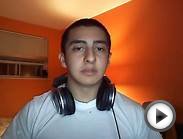
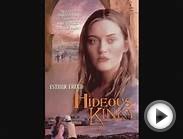
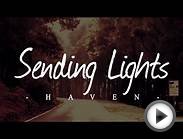
Related posts:
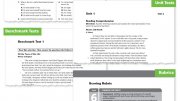

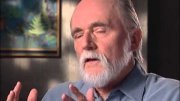
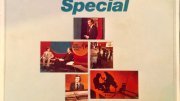

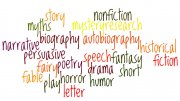
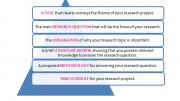
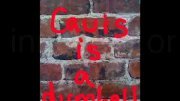
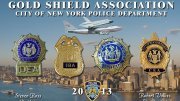















How about U2? There's still very popular!